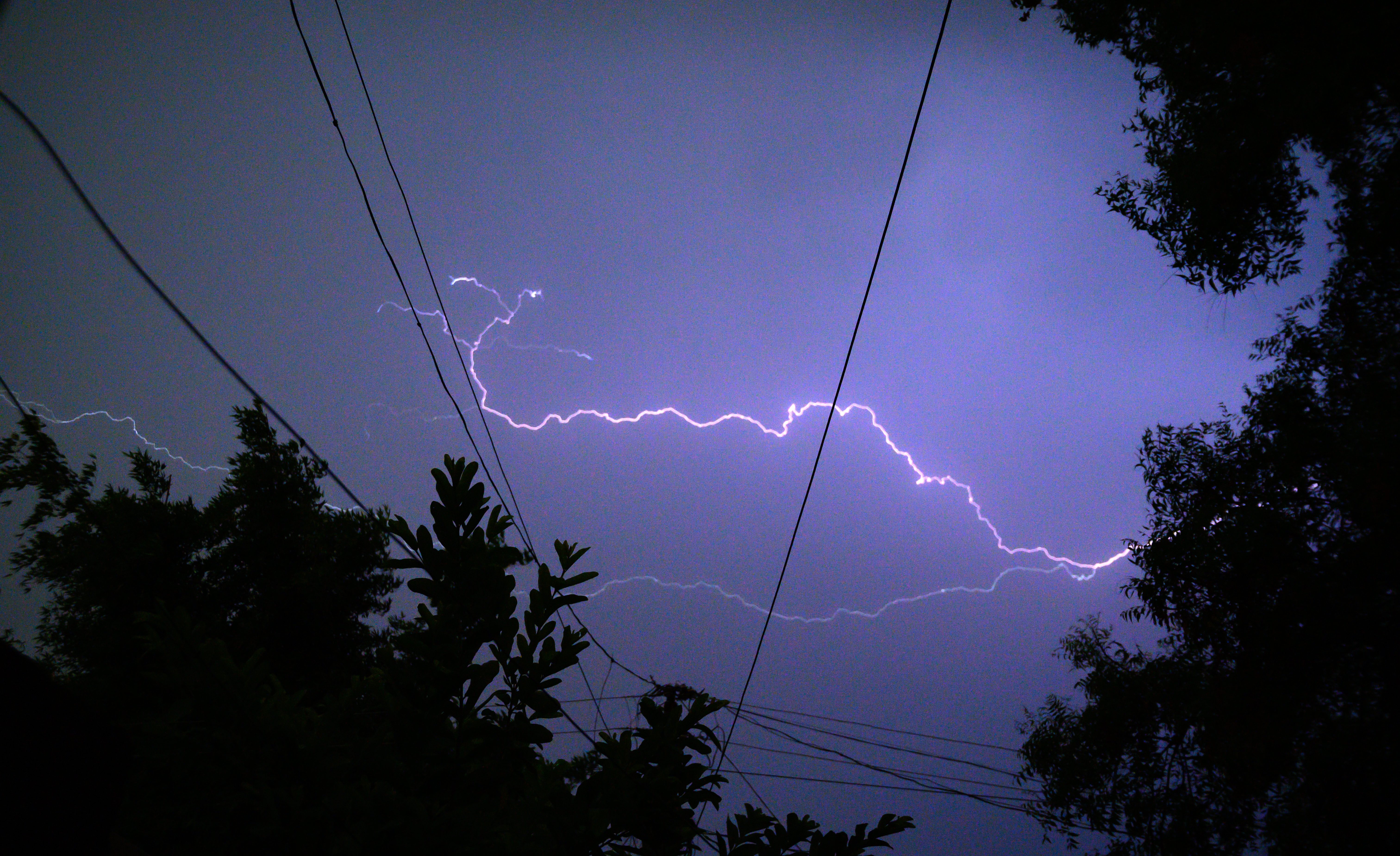A coalition of physicians and health care professionals say analysis of Illinois' coronavirus data shows the state could "surpass its ICU bed capacity by Thanksgiving" and deaths per day could peak by mid-December.
The Illinois Medical Professionals Action Collaborative Team, a group of more than 30 doctors and health care workers in the state, wrote a letter directed at Chicago Mayor Lori Lightfoot and Illinois Gov. J.B. Pritzker urging "immediate action" to flatten the curve and help slow what the group said is a "dangerous trend" statewide.
"We are better at identifying and treating this disease, and survival rates are improving slightly in COVID-19 patients since the start of this pandemic. This is good news, but has not changed the overall trajectory and danger of the pandemic," the group wrote. "COVID-19 hospitalizations in Illinois have doubled over the last three weeks, a very dangerous trend."
Though the group did not offer insight into the analysis, data from the Illinois Department of Public Health shows COVID patients were occupying 911 of the state's 3,777 staffed ICU beds as of Tuesday.
According to IDPH, 4,742 residents are currently in hospitals due to coronavirus-like illnesses. Of those patients, 911 are currently in intensive care units, and 399 are on ventilators.
Those numbers represent a steady increase that the state has seen since the beginning of October, and are beginning to near the record highs that the state saw in late April and early May.
The 4,742 current hospitalizations are the most the state has seen since mid-May, according to IDPH data. The high watermark for hospitalizations during the pandemic came on April 28, when 5,037 patients were in hospitals due to the virus.
News
The physicians group warned that overwhelming hospitals will force care to suffer for those with other "unforeseen emergent conditions, such as heart attacks, appendicitis, cancer diagnoses, and motor vehicle accidents."
"When hospitals hit capacity, if doctors and healthcare professionals lack hospital beds to treat people mortality will increase amongst all seriously-ill patients," the group wrote.
Pritzker warned Tuesday that some healthcare regions in the state have seen more than triple the number of coronavirus hospitalizations than they did during the first wave of the virus earlier this spring.
According to data provided by Pritzker and the Illinois Department of Public Health, Region 3, located in west and central Illinois and including Springfield, is seeing 3.2 times as many hospitalizations as it did during its previous peak in early April. Region 6, which includes Champaign, is seeing a staggering 3.5 times as many hospitalizations as it did during its spring peak.
Doctors in Illinois have expressed cautious optimism after early analysis of a coronavirus vaccine developed in part by Pfizer showed a more than 90% efficacy rate in preventing infection. But the coalition wrote there is still concerns over timing.
"While the news regarding the efficacy of the Pfizer vaccine is encouraging, its approval and widespread distribution could still take months, and in the meantime thousands of Illinoisans will get sick and need hospitalization," the letter read.
Health officials are growing increasingly concerned as Illinois nears six-month highs in coronavirus hospitalizations.
"We are definitely seeing increased hospitalizations both on the floor and in the ICU from COVID patients, which has us very concerned, as we are seeing numbers similar to what we were seeing back in March," said Dr. Khalilah Gates, a critical care physician at Northwestern Medicine.
Northwestern Medicine put a surge plan in place, along with visitor restrictions. Mount Sinai Hospital in Chicago has reinstated its COVID rounds and its incident command center.
Both Amita Health System and Advocate Aurora are re-implementing strict no visitor policies as they grapple with a combined 1,000 cases throughout their systems.
Dr. Ngozi Ezike, the director of the IDPH, called the increasing hospitalization rate a “significant problem,” and warned that the state could be forced to engage in some drastic action to ensure access to hospital beds for all those patients that need them.
“We’re going to have to come up with some creative solutions to make sure that everyone has a bed, whether it’s for COVID, or whether it’s for a flu-like illness or a car accident, or for a heart attack. It’s a very imminent issue,” she said.
Ezike said it’s critical for state residents to continue to wear masks, wash their hands and to socially distance, saying that those mitigation measures are the most effective for residents as a vaccine likely remains months away from widespread distribution.
“We still need to work on the front end to try to limit the number of people who get sick and who get infected in the first place so that we can slow down that need for hospitalization,” she said.
The coalition agreed, urging officials to enforce mask guidelines and gathering limitations, even inside homes, and promote working from home where possible.
"No one wants to go through a shut down again," the group wrote. "What we need is to ensure that people understand we will have no choice but to restrict indoor, non-essential business if cases and hospitalizations continue to rise. It is important to incentivize businesses to move to alternative models of commerce that avoid indoor transactions."
Hospitalization numbers regularly lag behind increasing case numbers, and Illinois is seeing that take place. Case numbers began to spike in mid-October, along with a drastic increase in positivity rates, and hospitalizations weren’t far behind, as the number of residents who have been hospitalized because of the virus has nearly tripled since Oct. 1.



